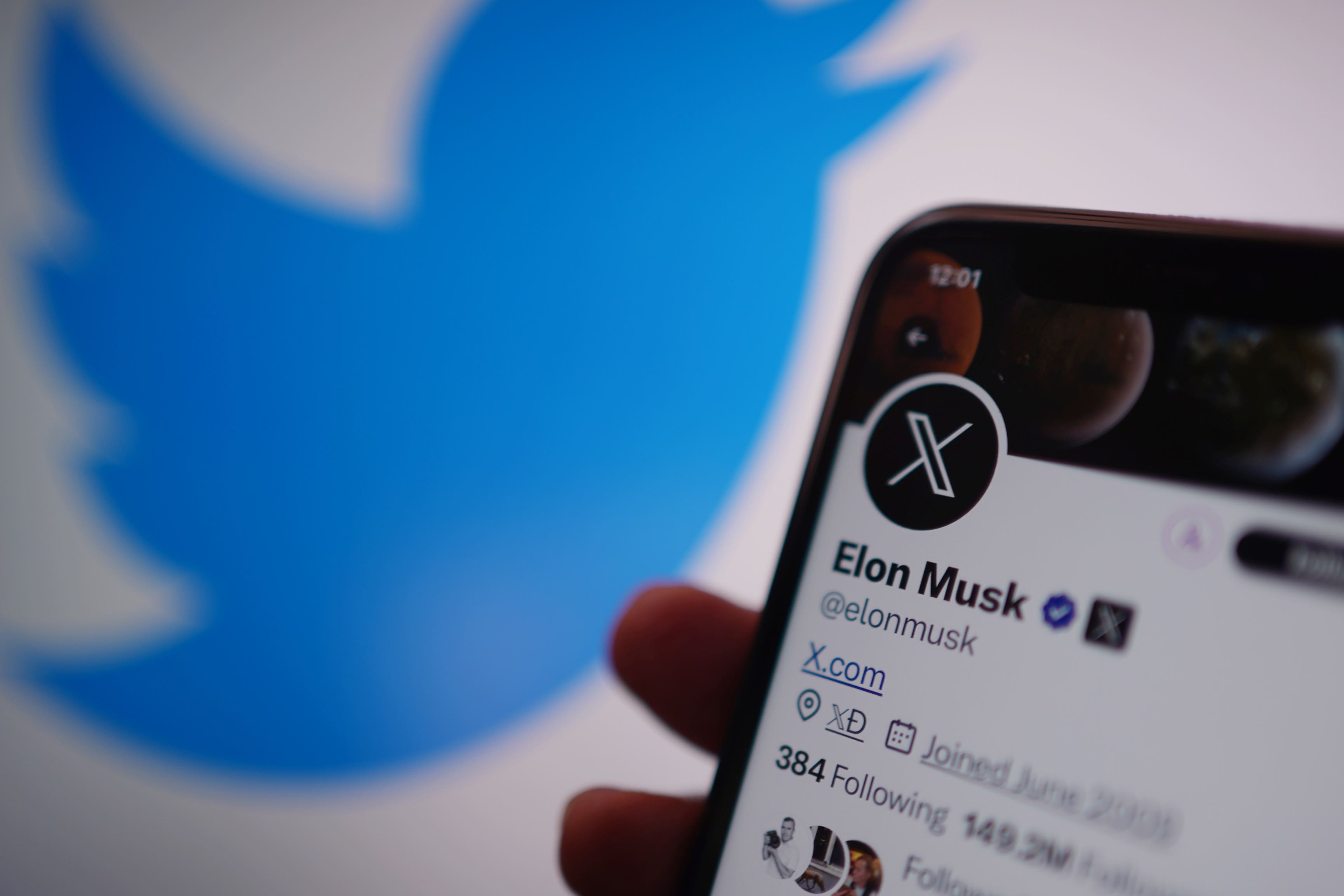Twitter brain drain: Elon Musk’s takeover caused academic exodus, study shows
‘Twitter has been an important platform for academic communication and networking, especially among social scientists,’ researchers say

Elon Musk’s takeover of Twitter in 2022 triggered an exodus of academics from the platform, according to a new study.
Following anecdotal evidence of academics abandoning Twitter, now known as X, after the billionaire’s acquisition of the company, researchers at the European University Institute in Italy conducted an investigation to find out the extent of the trend.
The study, titled ‘The vibes are off: did Elon Musk push academics off Twitter?’, used a sample of more than 15,000 academic accounts from the fields of economics, political science, sociology and psychology.
“We were interested in this topic because Twitter has been an important platform for academic communication and networking, especially among social scientists,” said Kevin Munger, an assistant professor in the Department of Political and Social Sciences at the European University Institute, who led the research.
“Elon Musk’s takeover of Twitter brought significant changes to the platform, and we wanted to empirically examine how this affected academics’ engagement with Twitter.”
The study found that the number of active accounts associated with academics in this field significantly dropped, while those who remained on the platform reduced their engagement.
The researchers attributed the departures to the changes brought about by Musk since he acquired Twitter for $44 billion in October 2022.
These include mass layoffs of the company’s staff, the reinstatement of tens of thousands of accounts that had been suspended for violating Twitter’s Terms of Service, changes to Twitter’s verification process and the rise of misinformation on the platform.
“Each of these changes influenced the broader social-network characteristics in ways that are not yet fully understood, quantitatively, but which entailed a shift in the user experience that we colloquially refer to as ‘vibes.’,” the study notes.
“We argue that a combination of these features of the threat and then the reality of Musk’s ownership of the Twitter corporation influenced academics either to quit Twitter altogether or at least reduce their engagement with the platform... We show that the accounts most responsive to Musk’s takeover were higher profile, as proxied by the (original) blue check that indicated verified accounts.”
A separate study published on Tuesday found that changes to X’s verification system have also driven polarisation and led to the formation of online echo chambers.
The new verification system allows anyone who pays to become verified, which boosts the reach of their posts.
“Our findings confirm that ideologues and verified users play a crucial role in shaping the flow of information and opinions within the social network,” said Henrique Ferraz de Arruda, a computer scientist at George Mason University in the US who led the research.
“When verified people post things, it can reach more people, which allows them to have a significant impact on the formation and reinforcement of echo chambers.”
The study, titled ‘Verified users on social media networks drive polarisation and the formation of echo chambers’, was published in the journal iScience.
Join our commenting forum
Join thought-provoking conversations, follow other Independent readers and see their replies
Comments
Bookmark popover
Removed from bookmarks